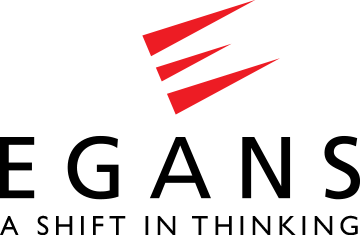In an era where environmental challenges are increasingly pressing, businesses have a unique opportunity to lead the way towards a sustainable future. The concept of the circular economy offers a transformative approach that not only addresses the pressing issues of waste, resource depletion, and climate change but also presents immense potential for economic growth and innovation.
The traditional linear model of production and consumption, known as the “take-make-dispose” paradigm, has long been the norm. However, it has proven to be unsustainable, putting a strain on our planet’s resources and generating vast amounts of waste that pollute our air, land, and oceans. The circular economy, on the other hand, offers a solution that eliminates waste and promotes the continuous use of resources.
By transitioning to a circular business model, you can reap numerous benefits. Firstly, going circular reduces reliance on finite resources by maximizing the value extracted from materials already in circulation. This leads to cost savings, improved resource efficiency, and enhanced resilience against resource scarcity and price fluctuations. Through practices like recycling, reusing, and remanufacturing, you can minimize waste generation, decrease the need for raw materials, and reduce your ecological footprint.
Secondly, embracing circularity fosters innovation and unlocks new business opportunities. Rethinking your product life cycles and designing products for durability, repairability, and recyclability enables you to create more sustainable offerings that resonate with conscious consumers. Embracing product-as-a-service models or implementing sharing platforms can open up new revenue streams and enhance customer engagement. By transitioning to renewable energy sources and adopting clean technologies, you can also reduce operational costs and strengthen your brand’s environmental credentials.
Furthermore, going circular promotes collaboration and strengthens partnerships within your supply chain. By establishing closed-loop systems and engaging suppliers and customers in circular practices, you can build resilient and interconnected networks that create shared value. Collaborative initiatives like product take-back schemes, where customers return used products for refurbishment or recycling, foster trust, loyalty, and a sense of environmental responsibility.
Ultimately, going circular aligns your business with the growing demands and expectations of consumers, investors, and regulators. Today’s consumers are increasingly eco-conscious, seeking out sustainable products and rewarding businesses that demonstrate a commitment to environmental stewardship. Investors are recognizing the long-term viability and profitability of circular business models, driving capital towards companies that embrace sustainability. Furthermore, governments and regulatory bodies worldwide are implementing policies to incentivize circular practices, making it advantageous to be at the forefront of this transformative movement.
The time for action is now! Embracing the circular economy is not only an ethical imperative but also a strategic choice that can drive your business towards long-term success. By harnessing the power of circularity, you can reduce costs, foster innovation, strengthen partnerships, enhance your brand’s reputation, and contribute to a sustainable future for generations to come. Let us seize this opportunity together and shape a thriving circular economy that benefits both business and the planet.






